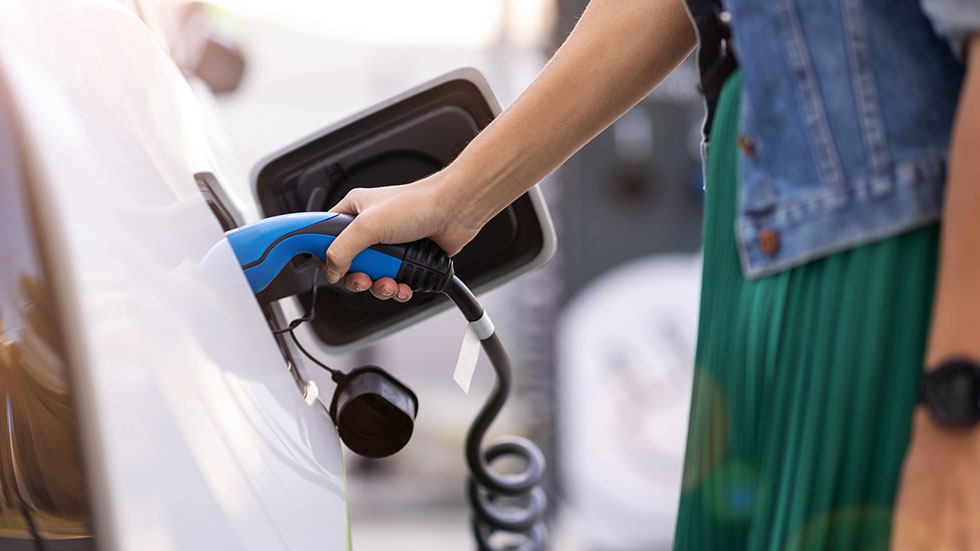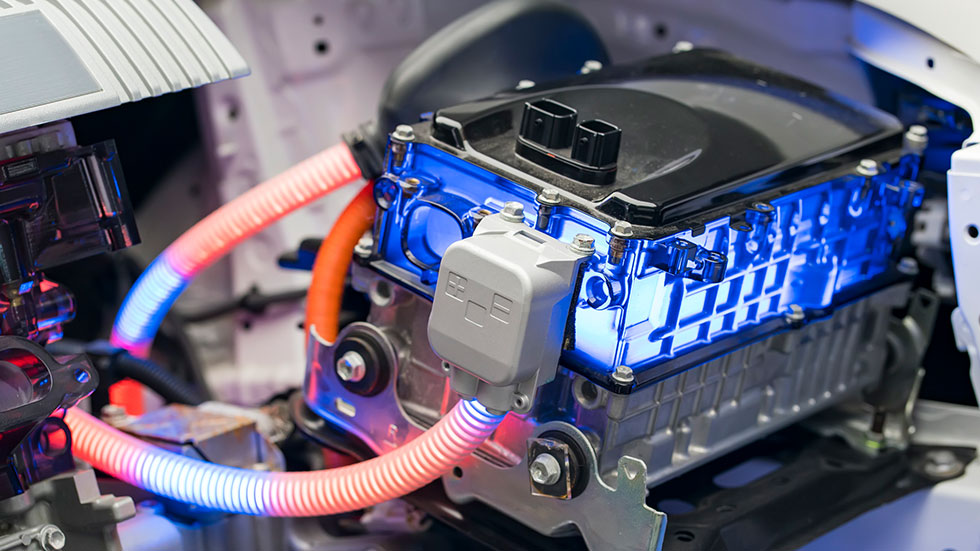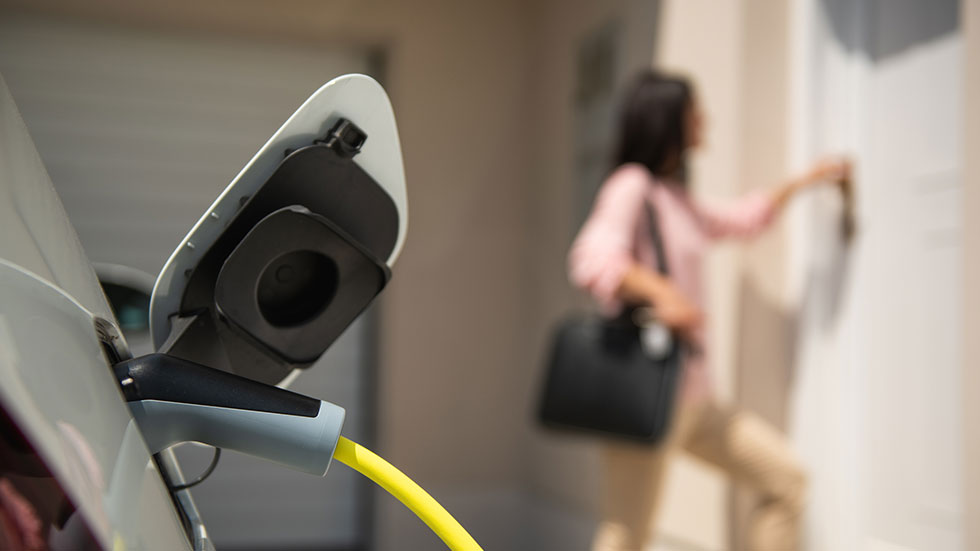HOW LONG DO ELECTRIC CAR BATTERIES LAST?
Things you should know about electric car batteries

Electric vehicles have come a long way. Automakers are offering more affordable electric cars with plenty of range, and charging stations are becoming more common across the country. But if you’re new to the plug-in lifestyle, you may be wondering exactly how long an EV (Electric Vehicle) battery lasts. The answer is pretty encouraging, especially if you’re looking to buy an electric car in the near future.
WHAT ELECTRIC CAR BATTERIES ARE MADE OF
If you want to know how long an electric car battery lasts, it’s helpful to know more about how they work. Modern EVs are powered by lithium-ion batteries. If that term sounds familiar, it’s because the same fundamental technology is used to power electronics including smartphones, laptops, and tablets. The capacity of the battery varies, which is a big factor in determining how long it takes to charge an electric vehicle.
Advancements in lithium-ion battery technology have led automakers to engineer EVs that can really go the distance. In fact, one of the latest models can travel up to 226 miles on a single charge. Electric motors are becoming more efficient, battery costs are going down, and battery capacities are going up.
The future looks bright for batteries. GM’s new Ultium batteries optimize lithium-ion architecture by stacking battery cells vertically or horizontally, enabling more efficient storage and longer range. The researchers are also hard at work developing solid state batteries, which look to improve on lithium-ion batteries by leaps and bounds.

EXPECTED LIFE SPAN OF ELECTRIC CAR BATTERIES
Today’s EV batteries are built to last but ultimately degrade over the years. This leads to reduced capacity, similar to what happens to the lithium-ion battery in your phone. You’ll still be able to drive your car but with less range due to time and usage. It’s estimated that the average EV battery will lose about 2.3% of its starting range annually. That’s not bad, but it is something to keep in mind if you plan to hold onto your car for a while.
If your battery has unusually low capacity or fails completely, you may be covered for a replacement. Federal law requires automakers to warrant electric vehicle batteries for eight years or 100,000 miles, whichever comes first. This can help cover unexpected repair costs and is one of the many ways that electric vehicles save you money. And with some brands, the warranty is transferable from the original owner.
Under normal driving conditions, EV batteries can last 10 years before they need to be replaced. That’s much longer than most people keep a new car. So, unless you’re shopping for used vehicles, you may not have to worry about how long an electric car battery will last. Especially when automotive technology is improving so quickly. GM is developing a battery designed to last a million miles, and competition always breeds innovation.

HOW MUCH DOES IT COST TO REPLACE AN ELECTRIC CAR BATTERY?
Batteries are one of the more expensive components in an electric vehicle. And if you need to replace a battery after your warranty expires, it’s helpful to know how much you’ll be spending out of pocket. Currently, the average cost to replace a battery is $5,500. We recommend getting your battery installed at the dealership, which can source and install genuine OEM batteries certified by the manufacturer.

HOW TO MAXIMIZE ELECTRIC CAR BATTERY LIFE
Battery degradation is completely normal and expected with electric vehicles on the road today. But even if you can’t defy the laws of nature, there are a few steps you can take to maximize your vehicle’s battery life. A common rule is to avoid leaving your car sitting fully charged or at low levels for extended periods of time. Both put excessive wear on the battery―something to keep in mind if you’re working from home or on vacation.
DC fast chargers are currently one of the fastest ways to charge an electric vehicle, with most compatible vehicles going from 20% to 80% in less than an hour. Chargers are becoming more common at public stations, which is great. They are incredibly convenient, but frequent usage can degrade your battery faster. If you want to keep yours in prime condition, try to save fast charging for road trips and emergencies.
Extreme temperature is the enemy of battery longevity. Both heat and cold lead to increased wear on your battery, especially when it’s parked and unplugged. On top of that, your car will have to work harder to maintain a comfortable cabin temperature, which leaves less energy available for driving. Try to park indoors when you can—or in the shade during the summer months.
ARE ELECTRIC VEHICLES RELIABLE?
Electric vehicles are relatively new to the automotive industry, but many modern examples have proven to be reliable across the board. With fewer moving parts compared to a traditional gasoline-powered car, there are fewer things that can go wrong. There’s no oil to change, no gears to shift, and no fuel to combust.
You’ll still have to replace normal wear items like tires, brake pads, and windshield wipers, but those are relatively simple and straightforward. Overall, you should expect fewer visits to the dealership service center or your local mechanic.
This content was created in partnership with TrueCar.
